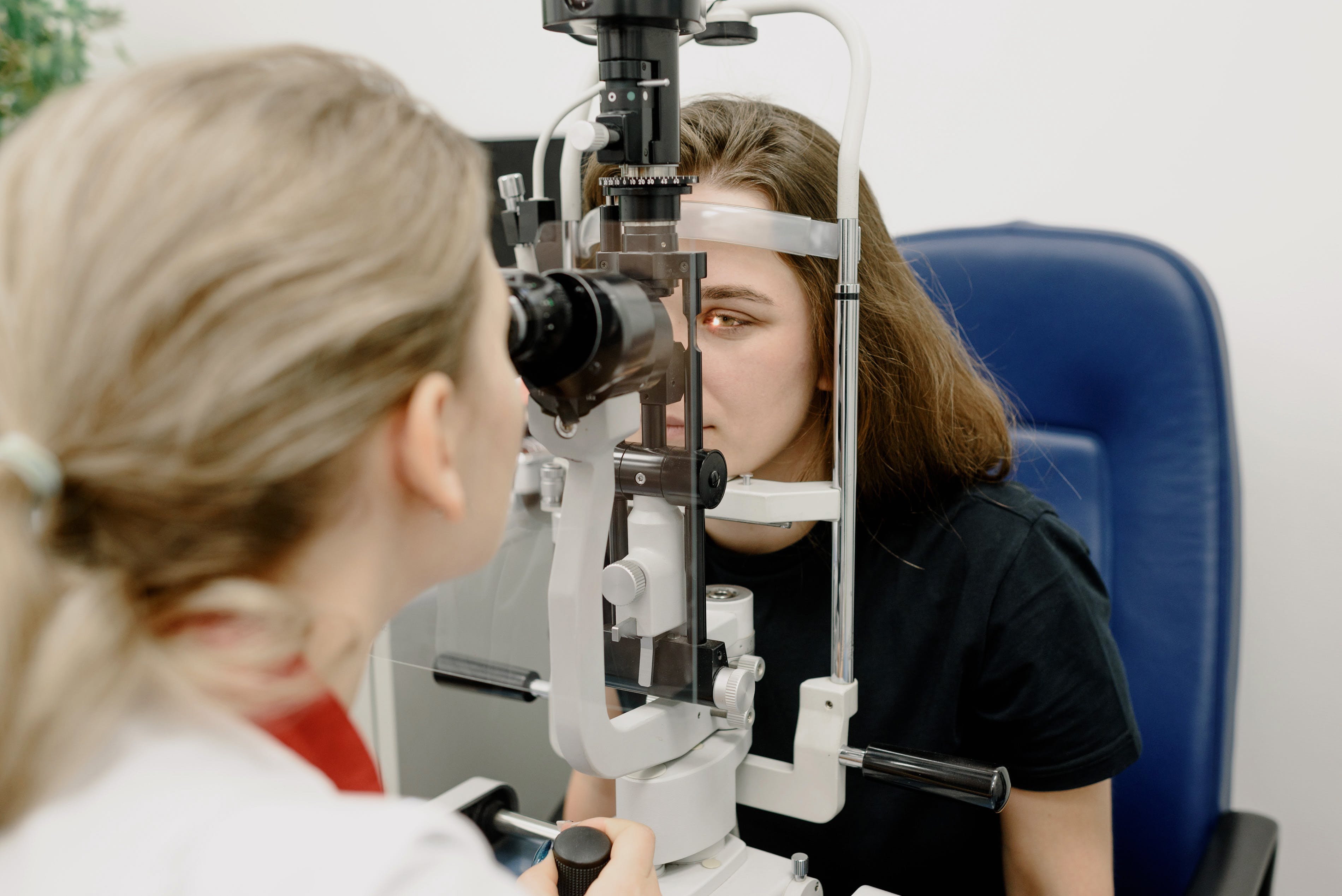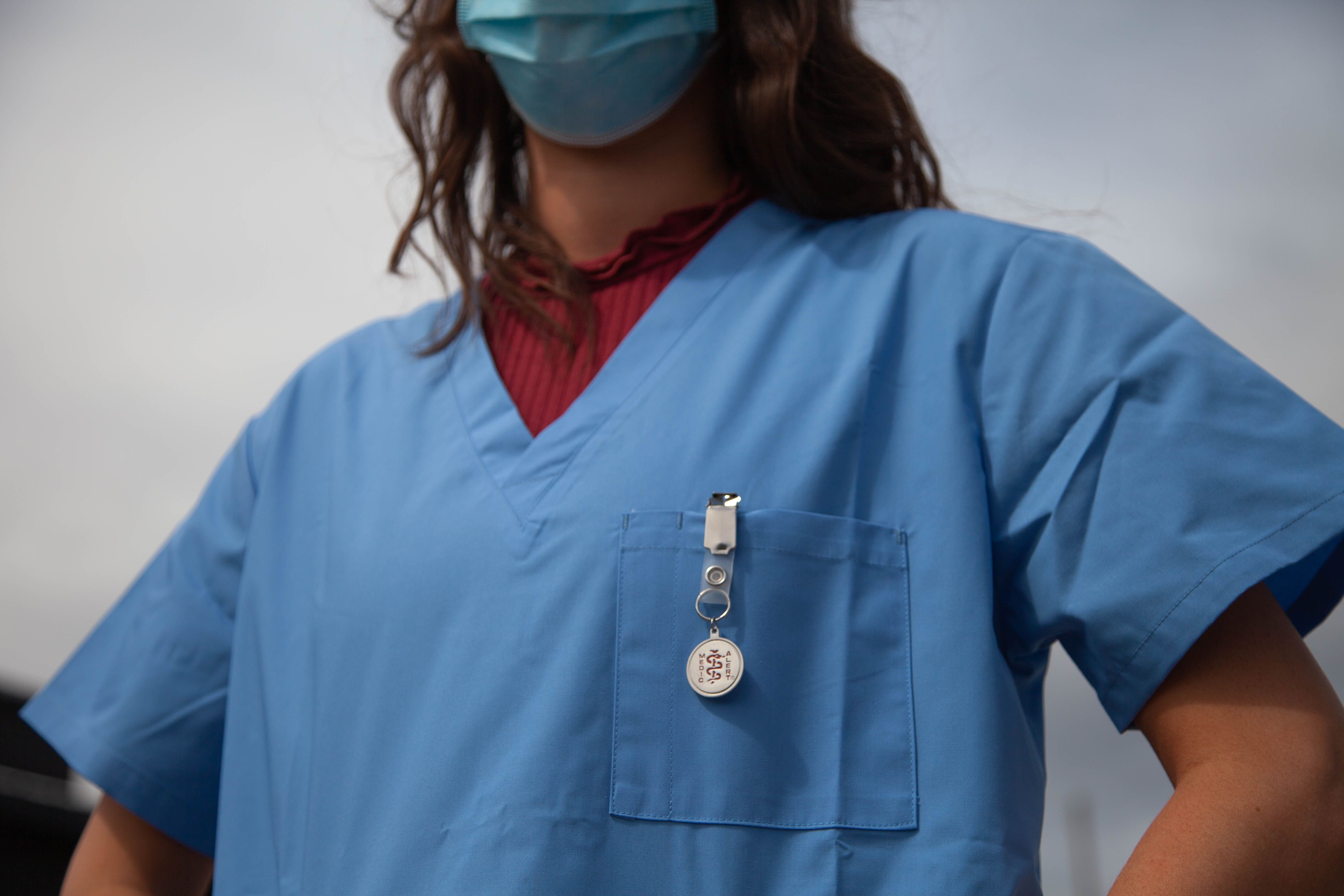Overview
The training pathway in Medical Ophthalmology is the route to qualification as a Consultant Ophthalmologist in Ireland. Consultant Ophthalmologists lead and work as part of the Integrated Eye Care team (ophthalmic nurses, orthoptists, optometrists and ophthalmic technicians). The varied role of the Consultant Medical Ophthalmologist delivering general and subspecialty care across both the adult and paediatric population along with the rewarding nature of the specialty makes it an attractive career choice for many doctors.
Given the frequency of ocular involvement in many systemic diseases, ophthalmologists often work in close collaboration with other specialists including diabetologists, rheumatologists, neurologists, ENT and maxillo-facial surgeons as well as paediatricians, general practitioners and geneticists.
Medical Ophthalmology is predominantly an out-patient based specialty with a varied work-load including laser sessions, minor-op sessions, and injection sessions while incorporating new technological and ophthalmic advances, including the development of Integrated Eye Care Teams.
Medical Ophthalmology is fast-paced. high-tech and a hi-skill specialty suited to driven individuals who can adapt to its evolving and dynamic nature.
With respect to the new Consultant Medical Ophthalmologist posts, this role is designed to deliver specialist care in both the traditional acute setting and the developing non-acute setting. The design of the new appointments is deliberately co-located. The incumbents work in both settings, to ensure access to acute inpatient services if required, sub specialty resources for more complex cases, cross specialty multidisciplinary care and participation in the delivery of on-call services. Patients will be provided with specialist care irrespective of whether it is delivered within the traditional acute hospital building or in newly developed and equipped specialist community eye clinics.
The national speciality training programme in Medical Ophthalmology is five years in duration and consists of three years basic training focused on general ophthalmology followed by two years higher training subspecialty training in the areas of greatest patient demand, namely paediatrics, glaucoma and medical retina.
Training body

Basic Specialist Training in Medical Ophthalmology (BMT)
Basic Specialist Training in Medical Ophthalmology (BMT)
Entry on to the programme is by interview held at the Irish College of Ophthalmologists. An applicant’s undergraduate performance together with their personal and professional attributes, such as, ability to work as a team, communication skills and personal motivation, are all relevant. Successful candidates are appointed to the basic training programme for a three-year period.
Trainees rotate around the clinical training sites and contracts of employment are issued by the relevant hospitals. Trainees are rotated to a new team every 6 months in order to acquire the skills and competencies required to successfully complete BMT.
Requirements
To be eligible to apply to Basic Specialist Training in Medical Ophthalmology (BMT) Ophthalmology, candidates must:
1. Have completed their basic Medical Degree.
2. Be eligible for inclusion on the Trainee Specialist Division of the Medical Council Register at the time of application.
3. Have completed their Internship before the start of the training programme in July.
4. Where applicable, have confirmation of achieving the English language requirements (IELTS or OET Certificate) as set out by the Health Service Executive (HSE).
Applications for BMT open in October and close in February of each year. Interviews are normally held in March. Further information on the application, eligibility requirements and English language requirements are outlined on the ICO website. We encourage all interested doctors to review the documents on our website prior to submitting an application and to contact us if they have any questions.
Higher Specialist Training in Medical Ophthalmology (HMT)
Basic Specialist Training in Medical Ophthalmology (BMT)
The programme of specialist training in Medical Ophthalmology is designed to equip doctors to work in the hospital, community, both or in the independent sector. The developments in the training programme are a response to the changing needs of the population which have evolved in the last 10 years and the specialist programme is focused on meeting those needs.
On successful completion of the Basic Specialist Training in Medical Ophthalmology (BMT), requires passing the MRCSI exam, trainees can compete to enter the Higher Specialist Training in Medical Ophthalmology (HMT) programme provided they meet the selection criteria.
Progression is based on performance in basic training and by competitive interview. Minor adjustments (5-7% of total score) may be made to the scorecard as required during each selection process.
Further details on the HMT training programme is available on the ICO website.



